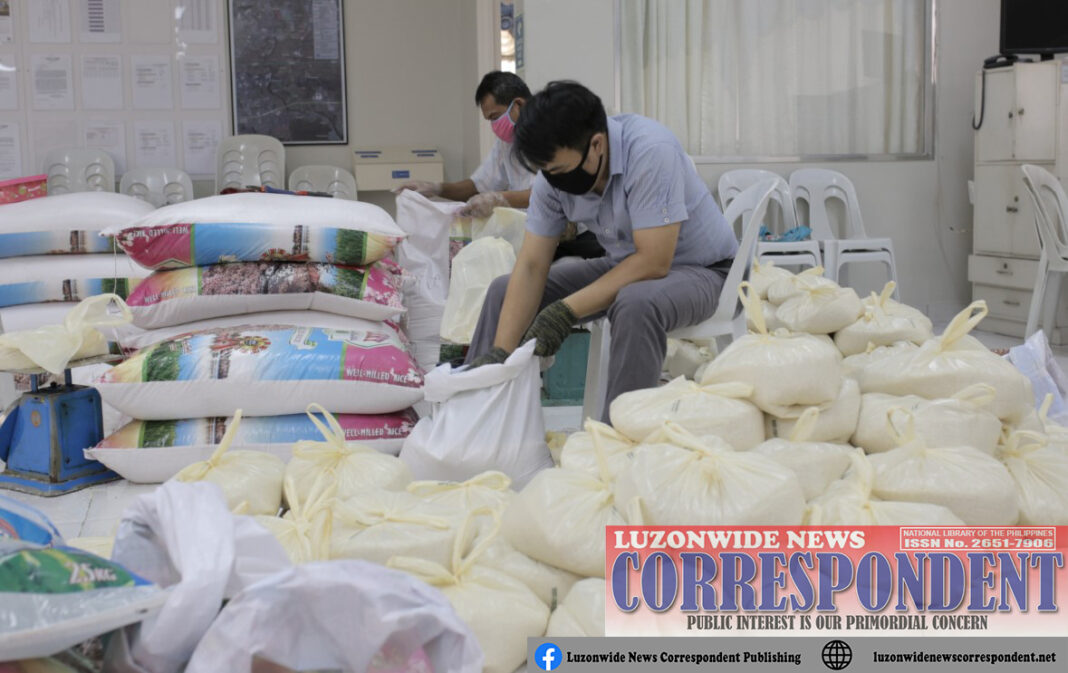
Seventy-five years ago, Jehovah’s Witnesses (JWs) organized their first large-scale relief work in the Philippines. Back in August 1946, about two thousand Filipino JWs and their families received relief assistance from their fellow believers in different parts of the world.
When World War II concluded by the third quarter of 1945, the Philippines was left suffering from inflation and shortages of basic needs such as food and clothing. Many areas across the country were left destitute with crumbled infrastructures and thousands of deaths.
The headquarters of Jehovah’s Witnesses located in the United States arranged to alleviate the needs of their fellow believers in different parts of the world. When domestic and international travels were opened after the war, shipments of relief were sent to Europe and Asia which includes 479,114 kg of clothing, 124,110 pairs of shoes, and 326,081 kg of food. Their relief work was aided by unpaid volunteers and voluntary contributions. Due to the world-wide scale of their work and freight limitations then, shipments were received in the Philippines by August 1946.
For many decades now, JWs in the Philippines have continued doing relief work. Twenty or more typhoons and tropical storms affect the country each year. Add to that the many earthquakes, floods, and other calamities. During these times of need, JWs have continued to respond to calls for aid. Many recall when Super Typhoon Yolanda devastated the central part of the Philippines in 2013. During that time, JW volunteers from foreign countries joined Filipino JWs in helping their fellow believers by providing food, medical assistance, as well as in repairing and rebuilding damaged homes.
Most of us know JWs as people who knock from door-to-door or call us during the pandemic by phone to talk about the Bible. However, it is also to their credit that they are involved in community service when disaster strikes—for 75 years and counting.






